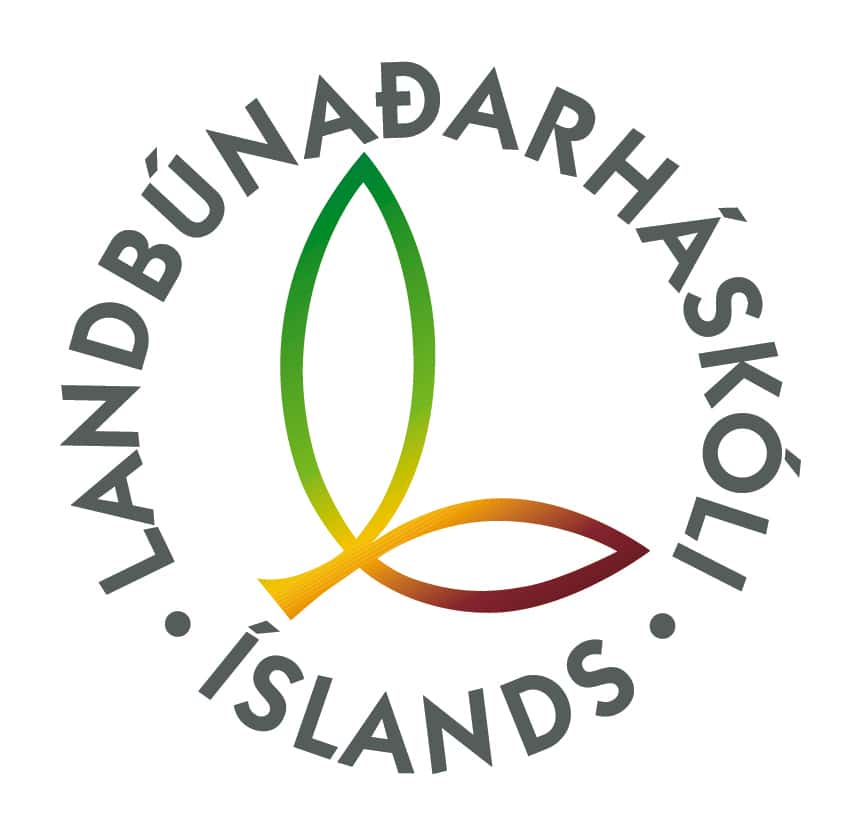Construction will be done feeding experiments where mealworms get different types of feed, ie. traditional feed as well carrot (reference), traditional feed plus tomato leaves and traditional feed as well cucumber leaves. Will be done measurements of heavy metals and pesticides in the final product as well as measuring other unwanted substances.
Tomato leaves are known to contain substances such as solanine and tomatine, which could limit the use of tomato leaves in food due to their toxic effects. It is worth investigating whether the mealworms can break down these substances in some way so that they do not end up in the final product. Measurements will therefore be made on these materials as well as others chemical and microbiological measurements both in feed and in the final product of the mealworms.
Objectives
The aim of the project is to investigate the possibility of using by-products from Icelandic horticulture as insect feed for mealworms. The project will lay the foundation for the cultivation and utilization of insects in Iceland to produce protein for feed and food production, as well as to strengthen horticultural production in the country by increasing full utilization within the sector.
Research questions
- Can by-products from livestock farming be used as insect feed?
- Can mealworms break down unwanted substances that limit the use of animal by-products in feed or food?
- Is the use of mealworms fed on by-products cultured in feed or food safe in terms of undesirable substances?
The main products of the project
- Information on the use of agricultural by-products, such as tomato and cucumber leaves as food for mealworms
- Information on chemical content, heavy metals, pesticides and other undesirable substances in by-product feed and mealworm products
- Information on the effect of feeding mealworms on livestock by-products compared to conventional feeding.
- Information on the nutritional value and safety of microbe mealworm products that can be used in feed or food.
- Increased domestic knowledge of the possibilities for development and innovation in this new and exciting branch of farming that can be insect farming.



